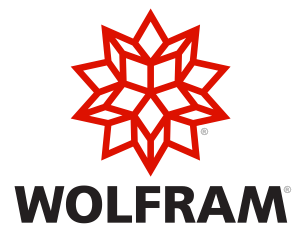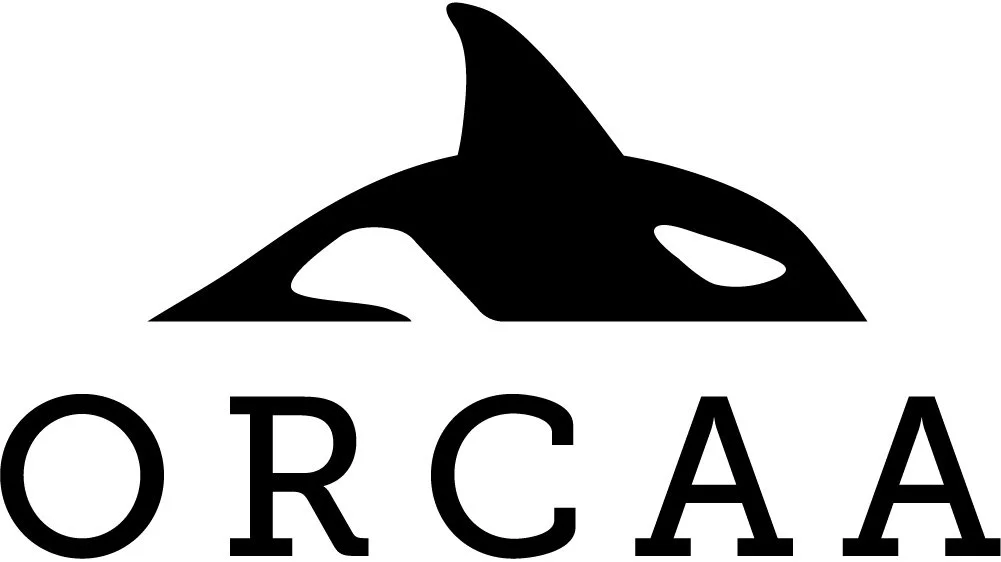The leading boutique technical consultancies
We’ve ranked the best consultants and small firms offering research engineering, mathematical computing, and scientific computing consulting.
We’ve ranked the best consultants and small firms offering research engineering, mathematical computing, and scientific computing consulting.

Unbiased ReseArch Rankings

Highest standards required

PROPRETARY CRITERIA SYSTEM
2026

What people are saying: #DataScience #StatisticalConsulting
Led by a PhD mathematician with decades of experience at MD Anderson Cancer Center, this firm brings rare depth in Bayesian statistics and clinical trial design to Fortune 500 clients. Their unique combination of mathematical rigor and practical data privacy expertise makes them the go-to consultants for companies navigating complex statistical and regulatory challenges.

What people are saying: #MachineLearning #ArtificialIntelligence #MathematicalModeling
Founded by Tamara Kolda, a National Academy of Engineering member and former Sandia National Labs distinguished scientist, this is mathematical consulting at its apex. With 75+ publications and pioneering work in tensor decompositions, they offer unmatched expertise in applying advanced mathematics to AI and data science problems.

What people are saying: #ComputationalScience #Mathematica #SymbolicComputation
The undisputed leader in computational intelligence, Wolfram's Mathematica and Wolfram Alpha have revolutionized how scientists and engineers approach complex calculations worldwide. No other company has shaped the landscape of symbolic computation and technical computing as profoundly as Wolfram has over the past three decades.

What people are saying: #AlgorithmicAuditing #AIRisk #BiasDetection
Founded by Cathy O'Neil, author of "Weapons of Math Destruction," ORCAA (O'Neil Risk Consulting & Algorithmic Auditing Associates) is the premier authority on algorithmic accountability and AI risk assessment. Their team of PhD-level experts helps Fortune 500 companies and government agencies ensure their AI systems are fair, transparent, and compliant with emerging regulations.

What people are saying: #Bioinformatics #LifeSciences #GenomicAnalysis
With a team that has published in Nature, Science, and Nature Genetics (160+ publications), Sciome brings world-class bioinformatics expertise to pharmaceutical and biotech clients. Their deep bench of PhD scientists and 175+ years of combined experience makes them the trusted partner for complex genomic data analysis and toxicology informatics.

What people are saying: #TopologicalDataAnalysis #GeometricMachineLearning #ShapeAnalytics
Founded by pioneers of topological data analysis, GDA applies cutting-edge mathematical techniques that most firms haven't even heard of yet. Their work with defense agencies and Fortune 500 companies demonstrates their unique ability to extract insights from complex, high-dimensional data that traditional methods miss entirely.

What people are saying: #ScientificComputing #NumericalAnalysis #ComputerVision
This Boulder-based powerhouse has quietly solved some of industry's most challenging computational problems since 2005, from 3D wave propagation to advanced computer vision. Their ability to port legacy Fortran code to modern platforms while developing novel algorithms makes them indispensable for companies modernizing their scientific computing infrastructure.
The companies on this list are research engineering boutiques led by distinguished scientists and mathematicians who solve the most challenging computational problems in industry. These firms bridge the gap between academic research and practical application, offering expertise in advanced mathematics, scientific computing, and cutting-edge algorithmic development. Typically, this consists of firms led by National Academy members, former national lab researchers, or PhD-level experts with extensive publication records in top-tier journals, specializing in areas like tensor decompositions, topological data analysis, Bayesian statistics, and numerical methods.
A research engineering boutique is probably a good fit if you need novel mathematical methods, require rigorous scientific validation of algorithms, or are working on problems at the intersection of advanced mathematics and practical application. These firms excel at solving "impossible" problems, modernizing legacy scientific code, and developing mathematically sound approaches to complex data challenges. You should NOT hire a research engineering boutique if you need standard AI implementations, basic software development, or organizational change management—their expertise is designed for technically sophisticated problems that require genuine innovation.
Companies on this list are evaluated on a variety of criteria, including scientific credentials (publication records, academic affiliations, peer recognition), mathematical depth (novel methods, theoretical contributions, algorithmic innovation), practical impact (successful technology transfer, production deployments, measurable outcomes), and technical rigor (reproducible research, open-source contributions, validation methodologies). The specific details of our methodology are proprietary.
We would recommend avoiding firms that can't demonstrate peer-reviewed publications, lack clear mathematical foundations for their approaches, overpromise on timeline for research-intensive work, or can't explain their methods with appropriate technical depth and rigor.
If your problem requires inventing new mathematical methods, adapting cutting-edge research to practical applications, or achieving scientific-grade rigor in algorithm development, choose a research engineering boutique. If you need proven AI implementations at scale, visit our mid-market or enterprise lists. If you need strategic guidance without deep technical work, visit our advisory list.
If existing methods don't work for your data or constraints, if you need mathematical guarantees about algorithm behavior, or if your problem involves novel applications of advanced mathematics. Research boutiques excel when off-the-shelf solutions are insufficient.
Expect deep dives into the mathematical foundations of your problem, discussions of theoretical feasibility, and questions about your tolerance for research risk. Good firms will ask about your data properties, computational constraints, and validation requirements before proposing approaches.
Look for peer-reviewed publications, academic affiliations, and recognition from scientific communities. Ask them to explain their approach at different technical levels and provide references from similar research-intensive projects.
Research involves inherent uncertainty. Good firms will propose multiple approaches, establish go/no-go decision points, and clearly communicate when fundamental obstacles emerge. Expect some exploration and iteration.
Research deliverables include theoretical analysis, algorithmic innovations, and validation studies. Engineering deliverables involve production-ready implementations, performance optimization, and integration with existing systems. Most projects involve both phases.
Many research boutiques offer ongoing collaboration for algorithm refinement, new problem variants, or methodological extensions. The relationship often evolves into a long-term technical partnership rather than a one-time engagement.
Research boutiques often collaborate with domain experts or partner with complementary firms. They should be transparent about the limits of their expertise and propose appropriate collaboration structures when needed.